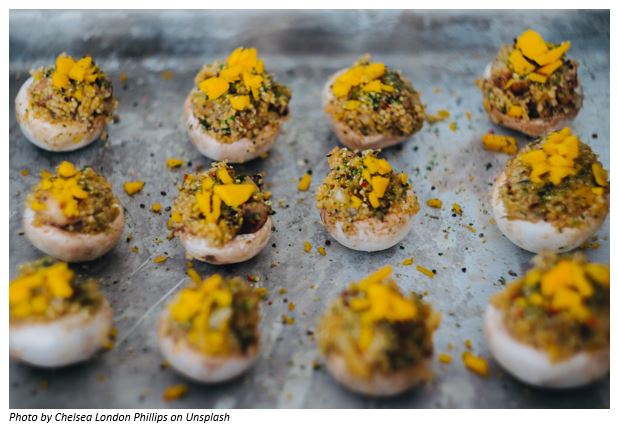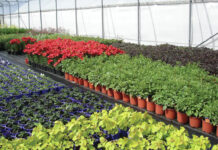Michal Slawski, Horticulture Department, Bord Bia – Irish Food Board
Fresh mushroom retail sales continue to perform well in the UK, up 4% in value to £420 million, and 2% in volume to 139 thousand tonnes in the 52 weeks to the start of September, while the overall vegetable sector grew by 2 percent in value and was flat in volume growth (source – Kantar). Mushroom production forms nearly a quarter of horticultural output in Ireland by value, and as well as completely supplying the Irish market, the country also supplies a large portion of the UK market.
There is also the substantial usage of mushrooms in food service in the UK, estimated to be upwards of 60 000 tonnes.
Beyond this, there is also considerable mushroom content in ready meals, often as a subsidiary element to add umami taste, and to fill out the meal. Mushroom risottos are far and away the most popular mushroom main ingredient meal, in both chilled and frozen formats. There is also a reasonable range of private label and niche branded mushroom burgers to cater for vegetarians and vegans.
In other countries, Nestle has some innovative products to help mushroom lovers – in Germany Nestle sells a Chef liquid mushroom concentrate, no additives or gluten, versatile hot or cold, 30ml makes 1L stock, and in the Czech republic, Nestlé Maggi Mushroom Bouillon Cubes, made with olive oil, free from added preservatives. The most interesting and appetising looking store cupboard mushroom product is the Williams-Sonoma Shiitake Soy Japanese Rub, an umami-packed blend of savory shiitake mushrooms, soy and aromatic toasted onion (USA)
Another surprising use of mushrooms is not the part we eat, but the ‘root’ system of the mushroom, known as mycelium. Mycelium makes up the thread-like network below ground, connecting the so-called “fruiting bodies” of the mushrooms that are visible above ground, allowing them to absorb nutrients and are vital for decomposition of organic matter. Mycelia are cultivated and dried into forms that are incredibly lightweight and surprisingly resistant to fire, mould and water.
The dried form of the mycelium has numerous uses including construction, plastic replacement, and even a leather-like product.
A leading proponent of this is Phil Ross:










